Communication and Well Being
Children and young people with speech, language and communication needs (SLCN) have difficulty communicating with others. This may be because they have difficulty saying what they want to, understanding what is being said to them, or they do not understand or use social rules of communication. The profile of every child with SLCN is different and their needs may change over time. They may have difficulty with one, some, or all of the different aspects of speech, language or social communication at different times of their lives.
Children and young people with ASD, including Asperger’s Syndrome and Autism, are likely to have particular difficulties with social interaction. They may also experience difficulties with language, communication and imagination, which can impact how they relate to others.
The following strategies can be used at home to help your child develop their expressive language skills:
- When you are chatting with your child, give them lots of time to get their message across. Ask them open-ended questions (those that need more than just a ‘yes’ or ‘no’ response) to find out more information. For example, ‘what did you do this afternoon?’, ‘what happened next?’ and ‘where did you go?
- Try to avoid correcting your child if they make errors with grammar or word order in their sentences. Instead, model the correct way of saying the sentence. For example, if your child says ‘him went to the park’, you might say ‘oh wow, he went to the park?’
- When modelling sentences, you can also expand on your child’s language to show them how to give more information. This is particularly helpful for children in the early stages of expressive language development. For example, if your child says ‘boy hiding’, you might say ‘you’re right, the boy is hiding under the bed’.
- If your child is struggling to think of the correct word whilst talking, try asking them a question to find out more about the word. For example, ‘what do you do with it?’ or ‘what does it look like?’ If you know the word your child is trying to think of, you could give them the initial sound of the word as a cue e.g. ‘it begins with a k…’
- There are lots of simple word games that you can play at home to develop expressive vocabulary. These games are great for car journeys, or to play as part of your daily routine e.g. whilst walking to school, at bath time ect.
- How to support Expand Vocabulary ( this video suggests some playful ways to expand your child's vocabulary. How to expand your child's vocabulary - YouTube
- How to support communication and language - sound awareness in preparation for phonics https://www.youtube.com/watch?v=W5O1SgxeQ5A
I Spy (if needed, give your child extras clues – ‘it begins with a ‘sh’, it’s an animal, it lives on a farm’)
Category naming – can they think of 5 different words in a category?
Word description game – can they guess a word from your description, and then describe a word for you?
Word association game – can they think of a word which links to the last word they heard? E.g. car – wheel – bus – red – apple – banana
Opposites game – can they think of the opposite of the word you have said? E.g. hot – cold, inside – outside, happy – sad, short – long
Children and young people may experience a wide range of social and emotional difficulties that manifest in many ways. These may include becoming withdrawn or isolated and displaying challenging, disruptive or disturbing behaviour.
These behaviours may reflect underlying mental health difficulties such as anxiety or depression, self-harm, substance misuse, eating disorders or physical symptoms that are medically unexplained. Other children and young people may have disorders such as attention deficit disorder, attention deficit hyperactive disorder or attachment disorder.
Schools and colleges should have clear processes to support children and young people, including how they will manage the effect of any disruptive behaviour so it does not adversely affect other pupils.
The Department for Education publishes guidance on managing pupils’ mental health and behaviour difficulties in schools – see the References section under Chapter 6 for a link.
